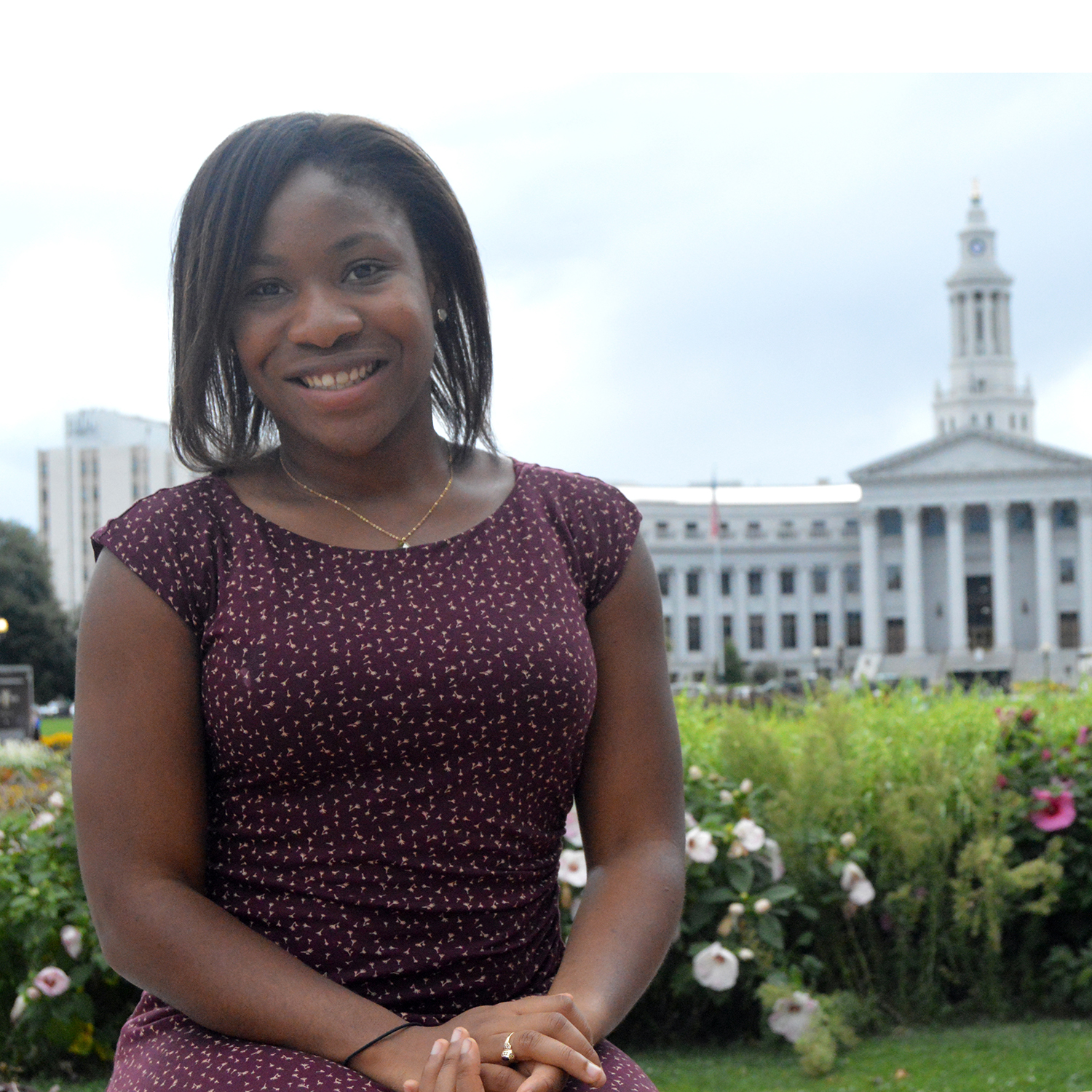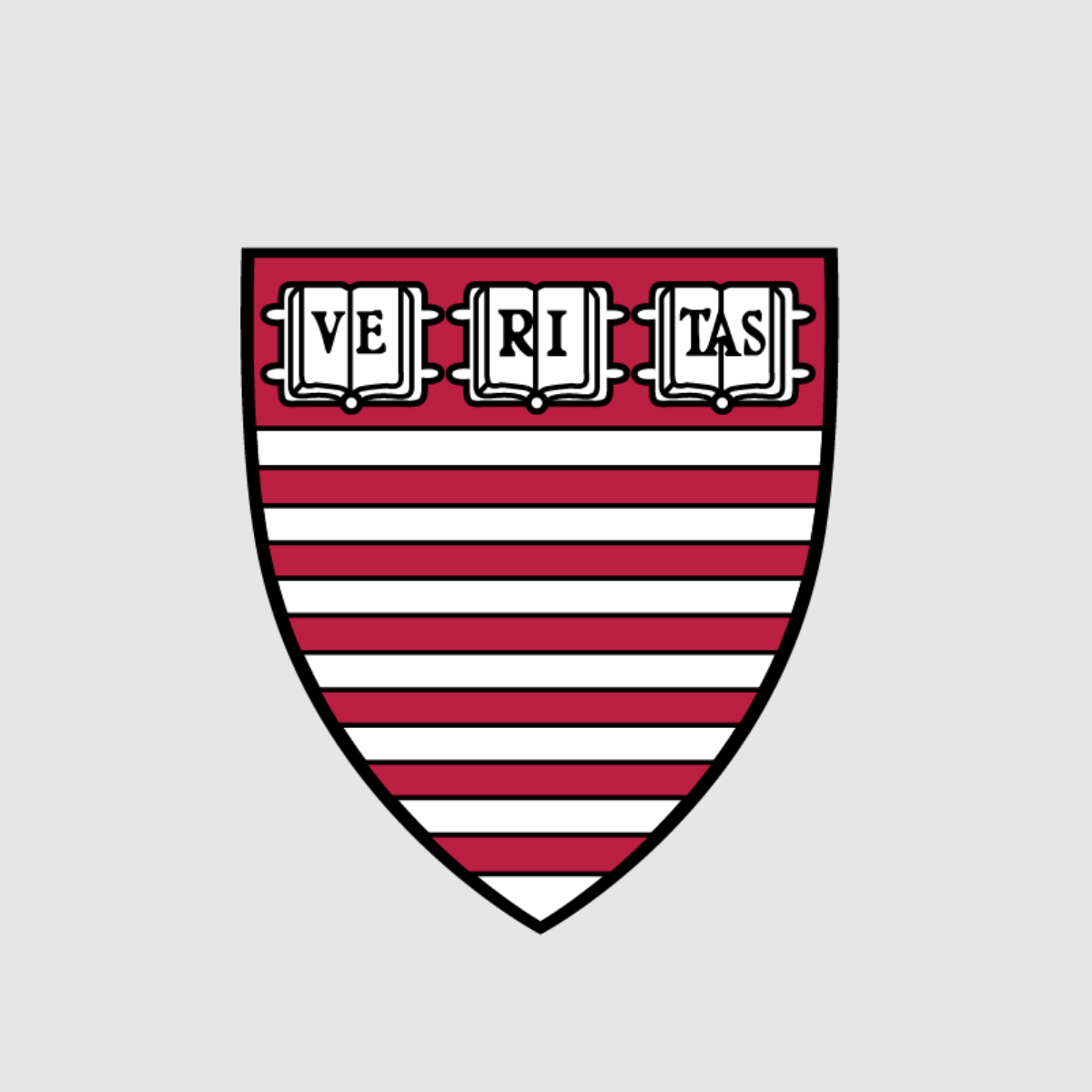Feature
The Path to Local Government Leadership

“Inequality was very apparent in my early life,” said MPP 2017 Glendean Hamilton. She recalled the stark difference between the public elementary and middle schools she attended in the Bronx and the selective high school she would later commute two hours every day to attend.
“In the Bronx, we didn’t have enough books or chairs, and what we did have was tattered,” she said. Her mother, a single-parent who worked three jobs to provide for their family, encouraged Glendean to apply to Bard High School Early College in Manhattan where she was viscerally struck by the abundance of resources.
“There were enough books for all of the students and we were allowed to take them home and leave some of them in our lockers. I remember thinking, ‘Why are there so many books?’ ‘Why are there no metal detectors and police officers in the hallways?’ I could see the difference at the time —the underlying inequality— but I couldn’t name the systems and mechanisms supporting it.”
It wasn’t until her first year sociology courses at Smith College that she fully understood the deleterious effects of housing policy and redlining on poor, minority, and immigrant communities in the United States. She learned how depressed housing values in many low-income communities fail to produce adequate property tax revenue compared to wealthier towns and cities, resulting in more limited education funding for the children living in them. “The intersection of housing and education robbed me of the chance to get a good quality education around the block because my community was filled with black and brown individuals who are often overlooked by these systems.”
After graduating with degrees in government and education, Glendean began teaching sixth grade English in Lawrence, one of the poorest cities in Massachusetts and home to a large immigrant population. By 2012, the Lawrence schools had reached a nadir, with the state declaring them “chronically underachieving,” and effectively taking them over. “Working as a teacher, my colleagues and I were more focused on specific and immediate concerns, like an upcoming standardized test, than on systemic inequality,” she said. “This is not a criticism of them. It’s just that when you’re responsible for 60 students, it can be hard to think about social change on a large scale.”
Two years later, she applied to the Harvard Kennedy School in an effort to understand how public policy can impact economic development, education, and employment opportunities for youth. “I was attracted to HKS because I thought it would help me figure out how to move the needle on complex issues impacting high poverty communities,” she said.
During her first year at HKS, Glendean worked as a coordinator for the Innovation Field Lab, a course led by Faculty Director of the Bloomberg Harvard City Leadership Initiative Jorrit de Jong and Somerville Mayor Joseph Curtatone. The semester-long initiative places students in city halls in five economically struggling Massachusetts cities to address problems related to the cities’ housing stock and strengthen their internal capacity to collect and analyze data.
As part of the Field Lab, Glendean worked in Salem, Massachusetts and focused on creating and implementing a predictive analytic tool to aggregate data on properties that may pose a danger to public health and safety. “I saw the Innovation Field Lab as a test run for working in local government. I thought I might thrive in this environment and I wanted to see if it met my expectations – and it did. It really pushed me to develop my problem-solving skills to negotiate with different stakeholders and manage competing interests.”
Glendean leveraged the skills she gained in the Innovation Field Lab working as a Summer Fellow in Denver, Colorado with support from the Ash Center for Democratic Governance and Innovation. She completed a case study examining the city’s response to homelessness, which is rapidly approaching crisis levels as rising housing prices have left many individuals and families vulnerable to displacement.
She is also worked to help establish the performance framework for a new homelessness office, bringing together the activities and functions of different departments to improve prevention and supportive services for those at risk of or experiencing homelessness. “I’m not only thinking about how do you ensure that all citizens have a place to lay their heads at night, but during the day, are we exposing them to environmental hazards? Do we give them support? Are we connecting them to mental health services? Are we connecting them to job training and employment assistance programs? How do we measure that? How do we make sure that people moving through the system aren’t ending up homeless again?”
This fall, Glendean is tailoring her class schedule to address these questions and other community development challenges. She is planning to take courses in public finance, real estate, social impact bonds, and community organizing, and has signed on for another year with the Innovation Field Lab. “Everything fell into place when I came to the Kennedy School. There is so much interesting and important work going on, and I’m really grateful for the research centers, like Ash, which create opportunities for students to engage with communities in a meaningful way.”
Considering her future, Glendean says: “I really love city government and I definitely see myself running for mayor someday. They are responsible for managing a whole ecosystem of lives and issues ranging from housing to education to development. They are responsible for bringing together the public, private, and nonprofit sectors as well as everyday citizens. I always want to be close to the people I’m working for and the issues I care about.”
